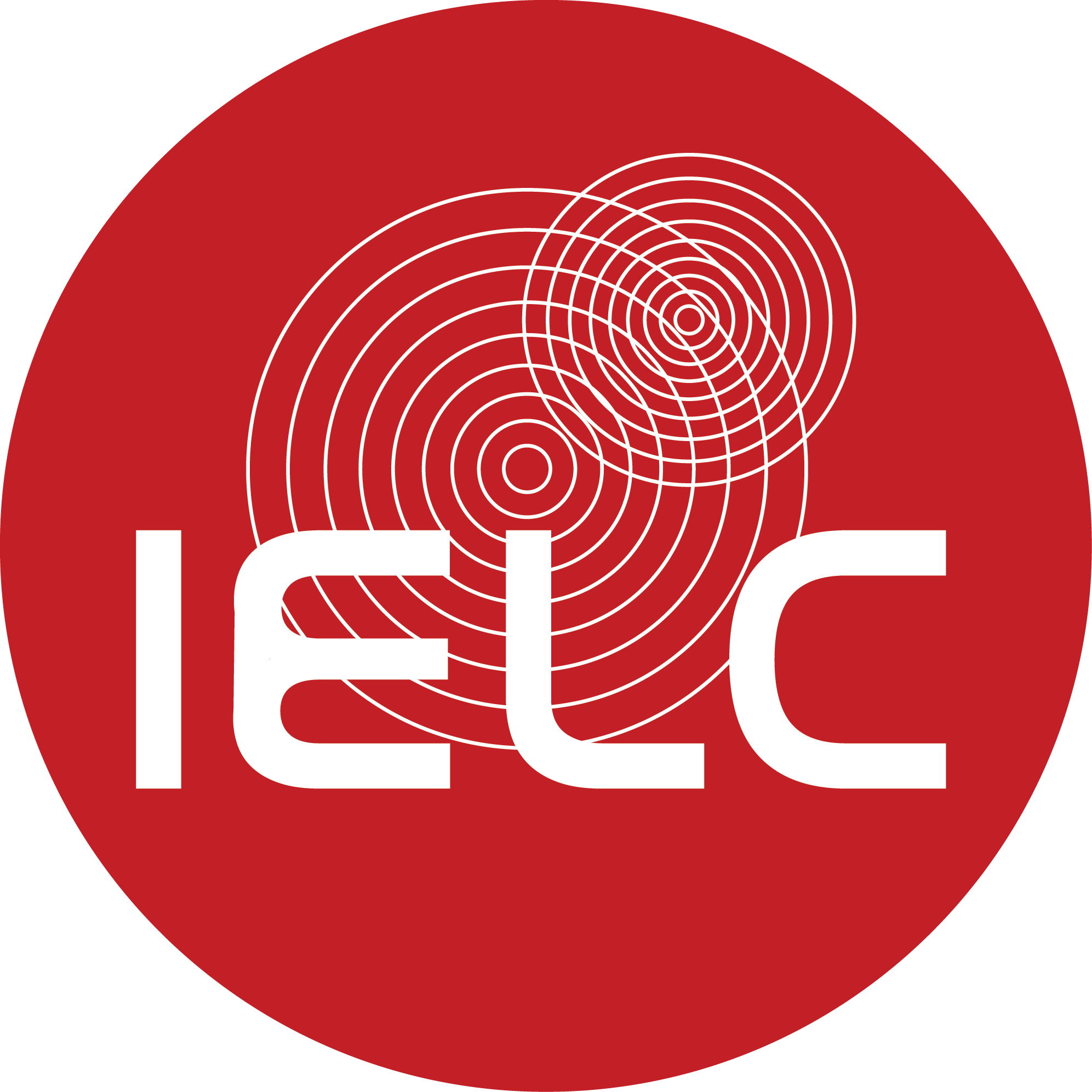Description
This study will examine the impact of the ‘entrepreneurial turn’ in higher education on the everyday life of academics, the interactions between universities and the academic profession and the consequences of these interactions for institutional change at flagship universities in three global cities - Hong Kong, Seoul, Tokyo in East Asia. Since the global spread of neo-liberalism in the 1990s, economic globalisation has intensified the ‘entrepreneurial governance’ in the social institution of higher education where funding is increasingly being allocated on a competitive basis. At the advent of the global knowledge-based economy, missions of universities have been undergoing substantial transformations, in which knowledge increasingly becomes a new driver of economic development. To guarantee future financial sustainability and secure further resources that would propel institutional excellence, universities have proactively pursued innovation in their everyday management. The literature debates the extent to which higher education institutions see a global convergence of change from ivory tower to ‘entrepreneurial university’ (Etzkowitz et al., 2008). The global trend of entrepreneurialism (for example Etzkowitz & Leydesdorff, 2000; Clark, 1998a, 1998b; Shattock, 2009; Tang, 2014) profoundly affects the interactions between universities, the academic profession and institutional change (Gumport, 2019). Despite the prevailing policy trends and emerging scholarship of this topic in Western literature (Rhoades & Stensaker, 2017), research on entrepreneurialism at flagship universities (Stensaker & Benner, 2013) and the academic profession in Asia is lacking (Yang, 2012). The impact of academic entrepreneurialism on East Asian flagship universities, academic life and institutional change remains unknown if the dearth of related research persists.
This study will draw on the methods of institutional ethnography (Smith, 2005). Unique from other qualitative methods, it offers the means to research institutional change as a ‘textually‐organised relation’, which can only be accomplished in the coordinated actions of people as they go about their everyday work. The methods of institutional ethnography will capitalise on the ‘discursive resources’ (Marginson, 2011a) of the international academic profession to engage in diverse, decentred and deliberate conversations about the powerful trends of academic entrepreneurialism. By refocusing and innovating the terms of debate and policy, this study will reconfigure the understanding of the East Asian flagship universities and academic entrepreneurialism in a larger democratic setting (Marginson, 2011; Tang, 2015). It will help formulate alternative narratives of ‘good university’ (Connell, 2019) by constructing new vocabulary which represents the diverse voices and critical insights about the institutional change of East Asian higher education.
Objectives
-
To map the extent to which academic entrepreneurialism has been adapted and currently manifested in the institutional context and policies of East Asian flagship universities;
-
To identify how the academic profession of East Asian flagship universities make sense of the policies and practices of academic entrepreneurialism;
and
- To analyse the similarities and differences of the interactions between East Asian flagship universities, the academic profession and the institutional change in response to academic entrepreneurialism.
Impact
The impact goals of this study will be achieved through a three-stage process:
-
informing and reconfiguring the frameworks of higher education-related policies and institutional policies at the university level (short-term);
-
fostering the collegiality, synergic collaborations and impactful practices of the academic profession, including engagement of knowledge exchange (medium-term); and
-
facilitating the development of an effective knowledge exchange framework which delivers public benefits for different external stakeholders of universities in the East Asian context (Hong Kong, Japan and South Korea).
Institutional advancement, especially with regard to the increasing importance of knowledge exchange between universities and societies, needs engagement and devotion of the academic profession. We are living in the new century of ‘knowledge economy’ characterised by global inequalities, climate change, issues with sustainability, populist authoritarianism and so on. Given the disciplinary knowledge and cross-disciplinary synergies they possess, universities and the academic profession have a very impactful role to play to not only capture the opportunities for socio-economic growth, but also respond, address and offer knowledge solutions to the pressing local, national and global problems.



